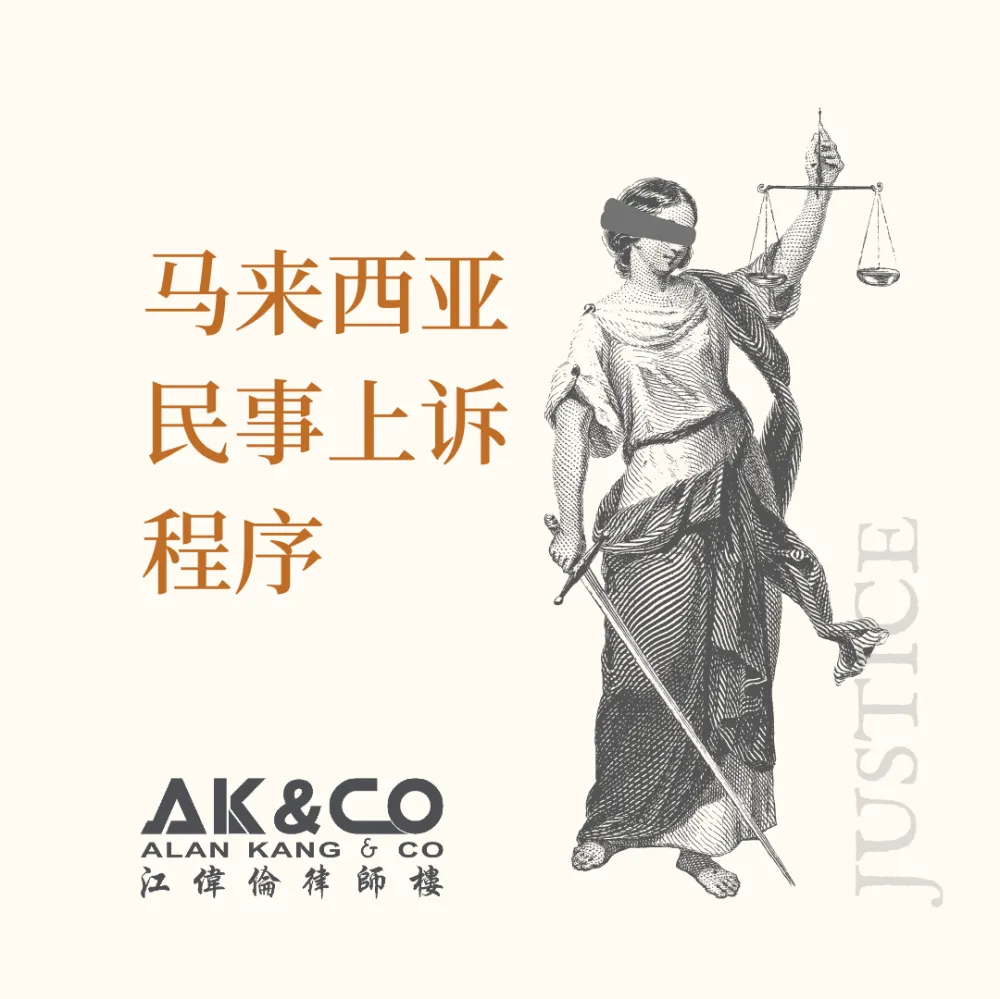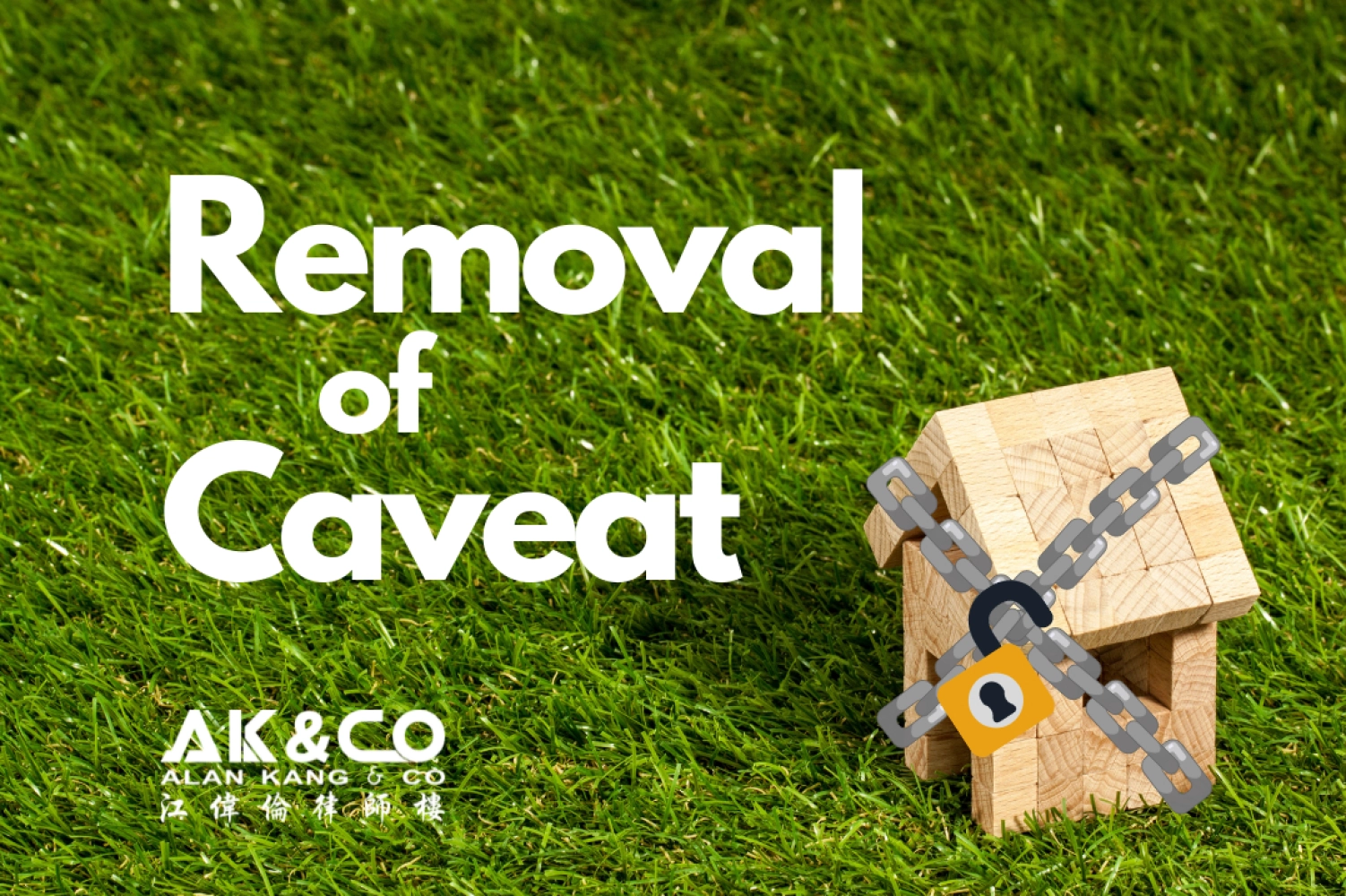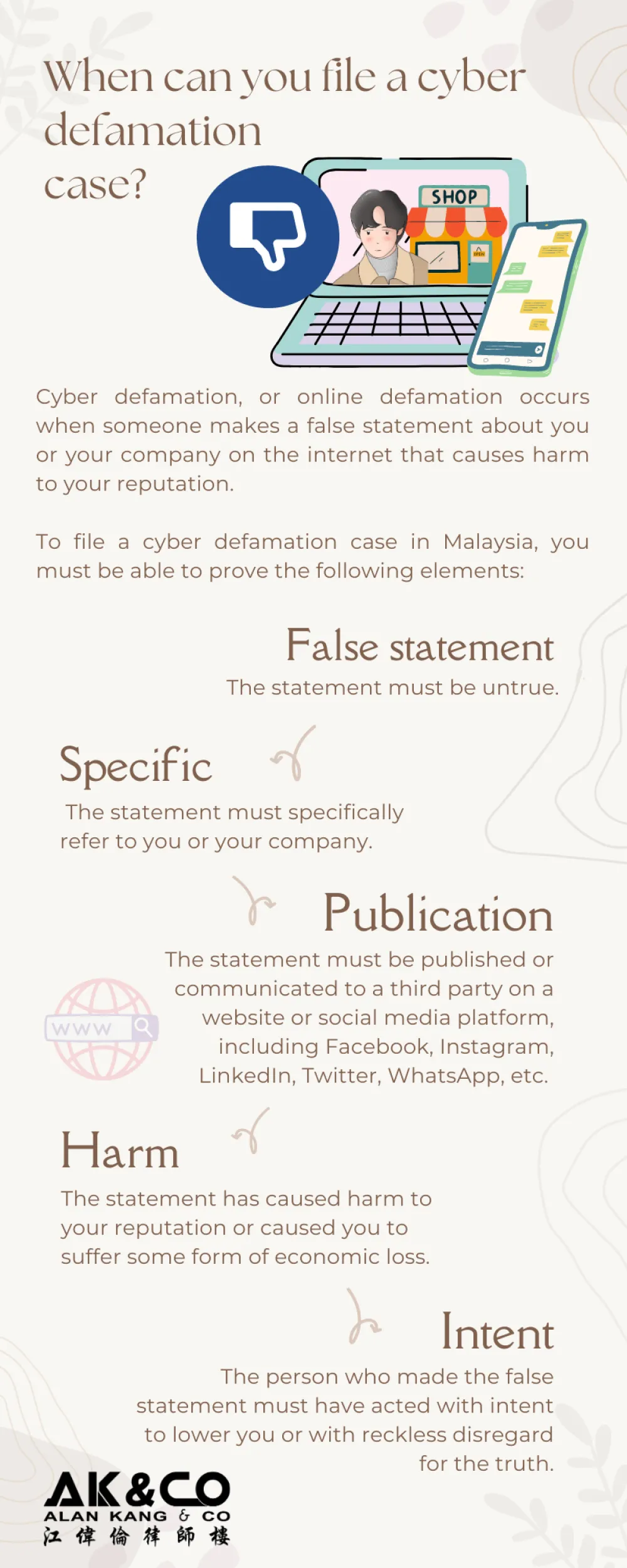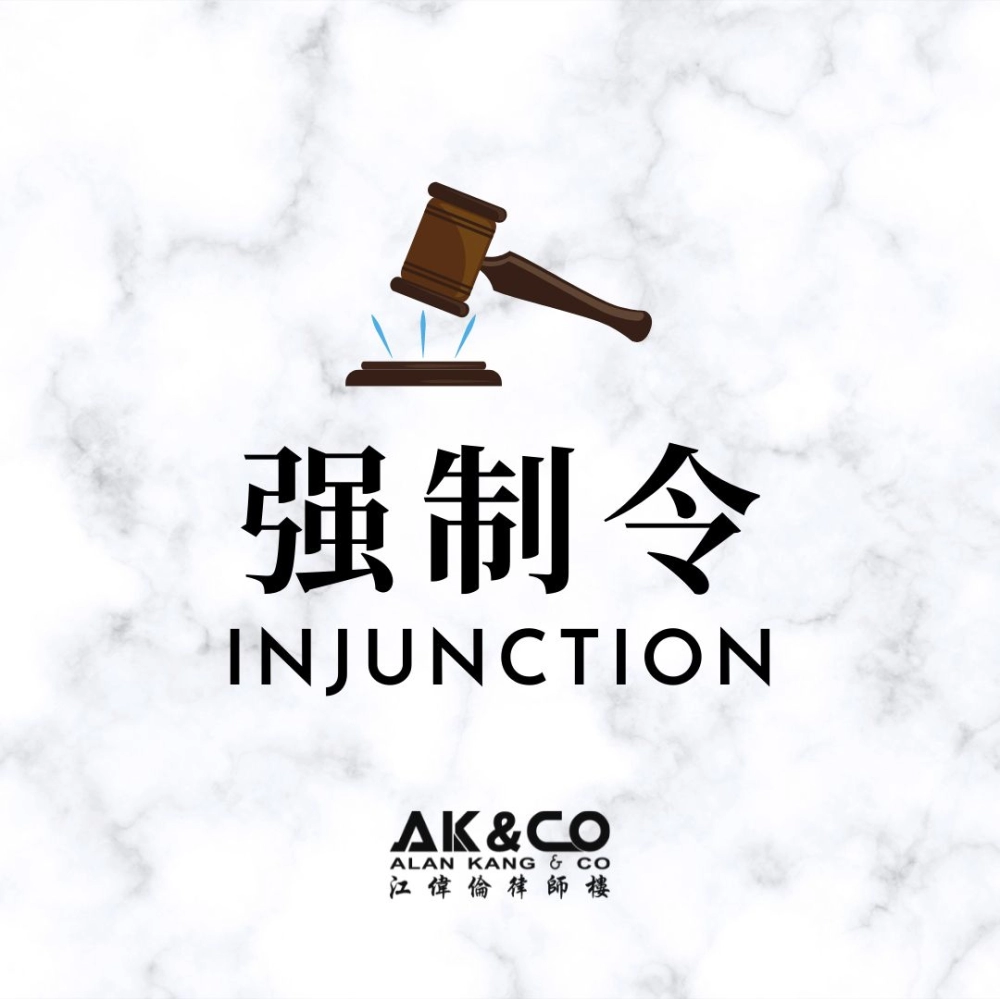Injunction
Injunction
In both commercial and personal life, there may be a need for individuals or businesses to secure help from the courts when they wish someone to do something or desist from specific acts. In such cases, they may apply for an injunction from the court.Our experienced trial attorneys explain what injunctions are, the types of injunctions, and their uses for individuals and businesses under Malaysian law.
What are injunctions?
An injunction is an order of the court directed to a specific person, group of persons or entity. The order commands a person to do something or cease certain acts as per the request (or prayers) of the person asking for the injunction.In Malaysia, the power of the court to issue injunctions is outlined within the Specific Relief Act of 1950. Although, many scholars believe that injunctions are an inherent part of a court’s power, meaning that the power does not derive from any rule or law but is an innate part of the court’s function.
Injunctions are an essential part of the court’s power. They provide the court with authority to provide a remedy after someone has wronged you and stop or compel someone else to act concerning ongoing wrongs.
People apply to the court for injunctions in various situations. For instance, in a marital situation where a party requests protection from the violence or abuse of their spouse, a special injunction called a restraining order may be issued. The restraining order commands the person named in it to abstain from any interaction with the applicant and even insists that they must not be seen within a stipulated distance of the applicant.
Likewise, businesses may apply for injunctions to prevent another party from acting in a way that would cause them loss. Or they could ask for an injunction to compel that party to fulfil their responsibilities so the business does not incur avoidable complications. Due to this, injunctions are often seen as one of the most valuable powers of a court of law.
Why are injunctions so valuable?
Before injunctions became so widely used, could only order damages for wrongs caused to people and businesses. In the event of wrongful conduct against any person, the court had no rules or powers to stop the behaviour or prevent it from happening again. All the court could do was judge that a wrong had occurred and award compensation for the harm the applicant suffered.However, injunctions developed to provide better protection for claimants seeking relief from the courts. In law, they are regarded as “creations of equity”, meaning they were developed based on considerations of what is fair and just.
Courts recognized that there are countless situations where monetary compensation isn’t enough to correct the damage that some applicants may suffer. For instance, if a person wishes to prevent someone from publishing defamatory content about them, it’s because they fear the damage to their reputation. If the defamatory content ends up published, no amount of compensation can correct the hurt their reputation would have suffered.
Therefore, injunctions evolved to provide more robust protection for those who seek the help of the court.
Types of injunctions
There are various injunctions, depending on their length, command (whether they ask a person to do or not do an act), and nature (whether they are special or not). Some of the types of injunctions are as follows:● Interim injunction: An interim injunction is a temporary order of the court directing a party to do any act or abstain from those acts. The purpose of an interim injunction is to secure quick relief from the court, pending a fuller inquiry into the situation. As a result, only one party usually asks for an interim injunction in the absence of another (on an ex parte basis) and only when the need is urgent.
● Interlocutory injunction: Interlocutory injunctions aim to preserve the status quo in a lawsuit by ordering a party to do something or stop doing something pending the end of the matter. A party that requests an interlocutory injunction must give the other party a chance to respond to their allegations.
● Permanent injunction: The court orders a permanent injunction as part of its judgment after deciding a case. The injunction orders a person or entity to carry out an act or desist from those acts in perpetuity (forever) or until a named period.
● Mandatory injunction: Injunctions of this nature compel an action. The court issues them when a party wants another to do something that they believe will cause them harm or loss if it doesn’t get done.
● Prohibitory injunction: These are the opposite of mandatory injunctions. The court issues them to command a party to stop doing acts, usually to arrest continuing harm to the applicant. For instance, if the police wrongly detained you, a prohibitory injunction can stop the police from ever detaining you again over the same issue.
● Mareva injunction: This is one of the special injunctions. A party may ask for a Mareva injunction when they believe the defendant wants to preempt the court’s decision and frustrate any potential order by moving their assets out of jurisdiction. The order stops the defendant from transferring or selling assets until the case is concluded and the applicant can enforce judgment.
● Anton Piller injunction: Anton Piller injunctions are also special injunctions. They apply where an applicant alleges that someone has violated their right and remains in possession of the evidence. The injunction gives the applicant power to enter any premises under the defendant's control and seize any related evidence or infringing material there, then bring it before the court.
Injunctions for commercial and individual use
As we have mentioned, there are numerous situations where an injunction may be valuable for you or your business. Injunctions can help companies and individuals save valuable time and expenses when appropriately used. They allow you to nip potentially troublesome situations in the bud or give you the time you need to protect yourself and your business adequately.One instance in which businesses often use injunctions is to stop another party from breaking a contractual obligation. Individuals may also apply for injunctions to protect themselves or their assets in the face of pending litigation.
For instance, if you bought a piece of land that someone else is now building on and claiming is theirs, you can request an injunction to stop them from building pending the end of a lawsuit against them. Likewise, a spouse can apply for an injunction to prevent their husband or wife from taking their child out of jurisdiction where a family law case is pending or in breach of an agreement or court order between them.
However, keep in mind that courts do not issue injunctions for just any reason. There are strict rules that guide courts in considering and accepting applications for injunctions. Generally, for an application to succeed, you must show that:
● There are serious issues to be tried
● The matter before the court is urgent (in cases of interim injunctions)
● Damages alone are not a sufficient remedy
● The balance of convenience lies in favour of granting an injunction
● You undertake to pay damages if the court finds that your application is frivolous
Due to these stringent rules, you must approach applications for injunctions with care and only request them in deserving circumstances. If you are unsure when and how to ask for an injunction, an experienced Malaysia trial attorney can help.
#lawyer #lawfirm #lawyerkl #injunction #强制令 #interiminjunction #mareva #marevainjunction #资产冻结令 # #alankang&co #akco #alankangandco
Make Appointment









